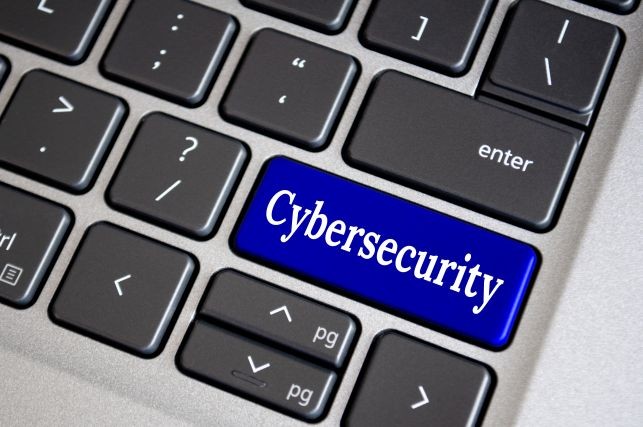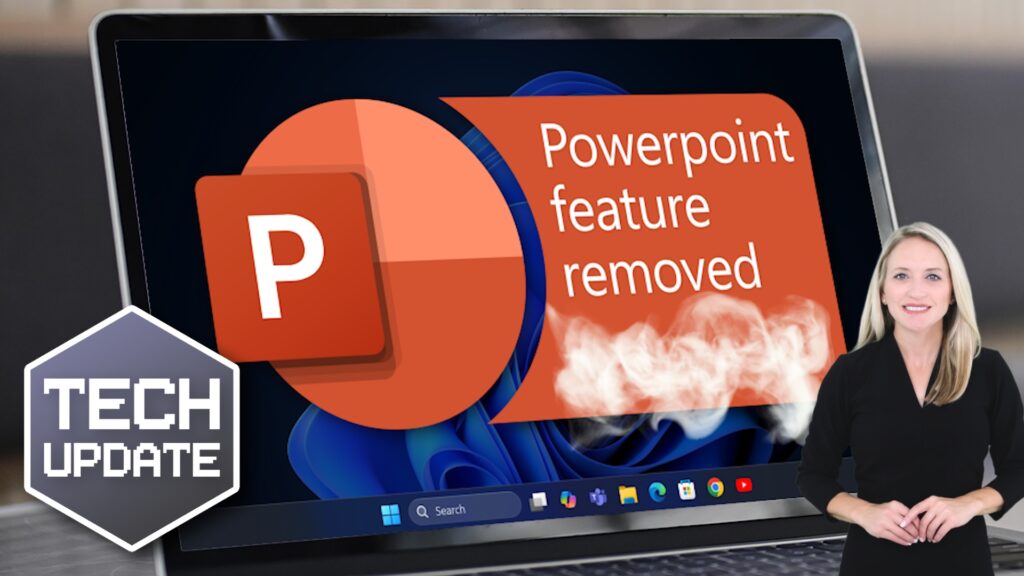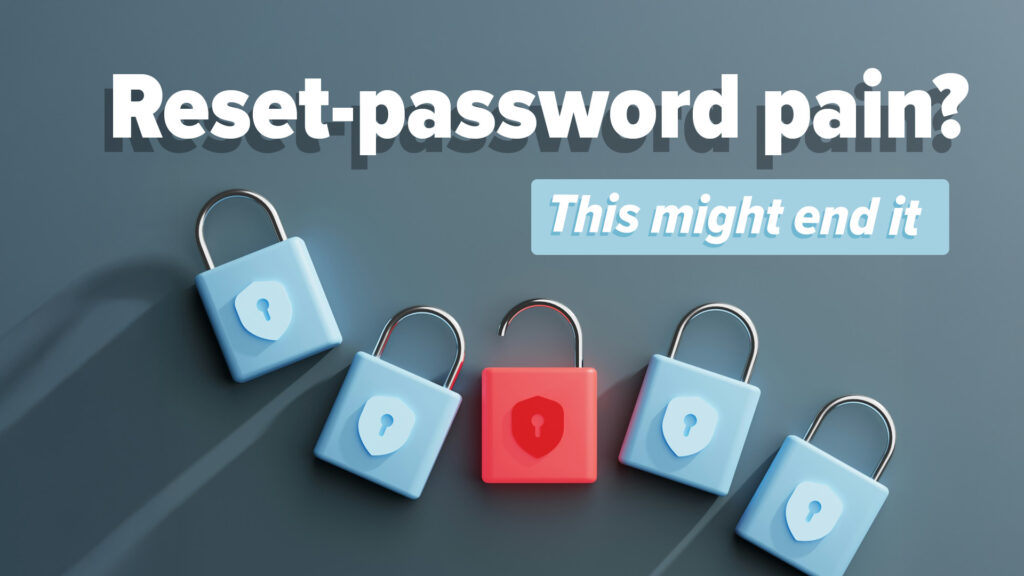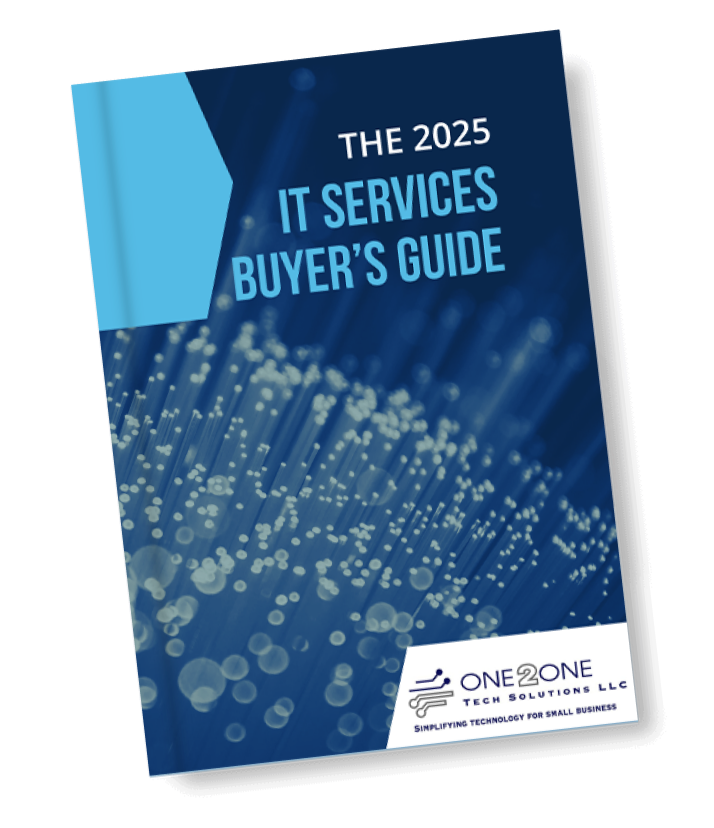You’re running a small business. You’ve got payroll to manage, employees to manage, and customers to keep happy. With so much on your plate, cybersecurity might seem like something only big corporations need to worry about, right?
Wrong.
Most small businesses aren’t specifically targeted for cyber attacks. But an alarming percentage experience security breaches and even more lack adequate security.
So why are so many compromised? What is the actual target?
While there are targeted attacks against large enterprises and government agencies, most attacks are cast as wide nets like phishing emails.
Small businesses are prime victims of these large-scale cyber-attacks because they lack adequate protection, and many falsely believe they won’t be targeted. Spoiler alert: Hackers love that false sense of security.
Why Small Businesses Are Easy Prey
Hackers are opportunists. They don’t care how big your company is; they care how vulnerable it is. Small businesses often operate under the assumption that cybercriminals are only after the big fish—huge corporations with deep pockets. But in reality, every business is a target, and small businesses are often the low-hanging fruit. Here’s why:
1. Lack of Cybersecurity Resources: Large companies invest heavily in sophisticated cybersecurity measures, firewalls, and expert teams dedicated to stopping threats. Small businesses, on the other hand, typically don’t have the budget for such defenses.
2. The False Sense of Security: Small business owners often assume hackers won’t be interested in their companies. They might think, “Why would anyone want to hack a small accounting firm, a coffee shop, or a local boutique?” But here’s the thing: criminals aren’t just targeting companies; they’re after personal information—your finances, customer data, credit card details, and identities.
3. Phishing and Social Engineering: The biggest misconception? Hackers don’t always need to break into sophisticated servers or networks. Many attacks rely on tricking individuals—business owners, employees, or customers—into giving up valuable information via phishing emails or fake websites. It’s not about breaking in with brute force; it’s about getting someone to open the door for them.

The Real Target: Your Money and Identity
Hackers are getting craftier with large-scale attacks like phishing, where they send emails or messages designed to trick people into giving up sensitive information. And small businesses are the perfect gateway.
When a hacker gains access to your systems, they’re not just looking to mess with your operations. They’re going after:
– Business Finances: A compromised business bank account can lead to catastrophic losses. Money can be siphoned off without your knowledge until it’s too late.
– Customer Credit Card Information: If you store customer payment details, that’s gold for hackers. Once they have those, they can make fraudulent purchases, wreaking havoc on your customers’ lives and your business reputation.
– Identity Theft: It’s not just about stealing money—it’s about identity. Business owners’ and employees’ personal details are valuable for committing identity theft. Once your identity is compromised, it can take years to recover.
How to Protect Your Business from Cyber Attacks
The good news? You can defend your business from these attacks without breaking the bank. Here are some smart, effective security measures you can implement today to significantly reduce your risk.
1. Train Your Employees: Your team is your first line of defense. Train them to recognize phishing emails, avoid suspicious links, and report anything that seems off. Awareness is the key to preventing most attacks.
2. Use Strong, Unique Passwords: This may seem basic, but too many businesses still use weak passwords. Make sure your passwords are long, unique, and difficult to guess. Even better—use a password manager to generate and store complex passwords securely.
3. Enable Two-Factor Authentication (2FA): Add an extra layer of security to your accounts by enabling 2FA. This means even if hackers get your password, they won’t be able to access your systems without the second verification step.
4. Keep Software Updated: Hackers often exploit vulnerabilities in outdated software. Regularly update your operating systems, security software, and any other applications you use to ensure you’re protected against the latest threats.
5. Secure Your Wi-Fi: Make sure your business Wi-Fi network is encrypted and requires a strong password to access. If you offer free Wi-Fi to customers, create a separate network so it doesn’t interact with your business operations.
6. Use Firewalls and Antivirus Software: A good firewall and reliable antivirus software can be lifesavers. They help block malicious traffic and detect potential threats before they cause damage.
7. Back Up Your Data: Regularly back up important files to a secure, off-site location. That way, if you’re hit with a ransomware attack or data breach, you can restore your information without paying a hefty ransom.
8. Limit Access to Sensitive Information: Not every employee needs access to all areas of your network. Limit access to sensitive data to only those who truly need it for their jobs. This minimizes the risk of an accidental (or intentional) data breach.
9. Get Cyber Insurance: Consider investing in cyber insurance. It won’t stop an attack, but it can help cover the costs associated with data recovery, legal fees, and damage control if an incident occurs.
>> Pro Tip: Contract an IT managed services provider who will work with you to establish comprehensive protections, policies, monitoring, and ongoing management to ensure your security strategy remains effective.
As a small business owner, you might think you’re flying under the radar, but in reality, you’re in the crosshairs of cybercriminals. The good news is that taking some simple, cost-effective steps can drastically reduce your risk and keep your business—and your customers—safe.
Don’t wait until it’s too late. Hackers are out there, but with the right protections in place, you can stay one step ahead and reduce your risk.







